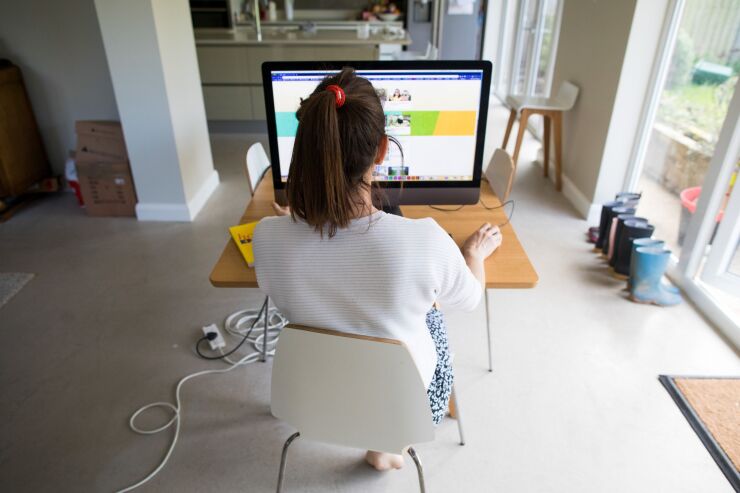The economic uncertainty weighing on consumers nationwide is not sparing insurance companies.
According to Transunion's Personal Lines Trends and Perspectives Quarterly Report for the second quarter of 2022, auto insurance shopping activity is down – and still falling – as low inventory of new and used vehicles depress auto shopping.
But low housing inventory isn't stopping the relocation activity that drives home insurance buying, the company found. Especially in the south – driven by migration to Texas, Florida, and North Carolina – home insurance shopping was on an uptick for much of the second quarter until a slight fall-off at the end of June.
"The homeowners – the housing market – was really crazy the last two years, and while it's definitely calmed down a little bit, there's still people actively buying homes and wanting to buy homes," says Michelle Jackson, senior director of personal property and casualty insurance for Transunion. "When we've surveyed consumers on their interest level in purchasing a home, that interest is still very high."
In fact, the number of consumers saying they expected to apply for a mortgage in the next year jumped from 28% in Q1 to 32% in Q2, Transunion found. It's the opposite story in the auto market, as sales of new and used cars are down due to high prices for cars and gas, as well as low inventory.
"There's not a lot of new vehicle purchasing going on… historically that auto loan or that vehicle purchase was the strongest trigger driver for that shopping event," Jackson says.
While auto insurance customers also face rising rates, as insurers look to recoup loss costs due to claims and pandemic give-backs, that's not making up for the lack of new vehicle shopping, she adds.
But "[Carriers] are being faced with a lot of headwinds of that rate being approved," she explains. That's driving some to slow down advertising or even withdraw from markets. However, she says, once inventories are rebuilt and tax returns start coming in early 2023 auto shopping and insurance shopping could increase.
"Everyone's on pause to see how things shake out," she says. "The hope is that it starts to come back around early, next year, early to mid next year, where that rate earns through, they get the premium to more adequate levels and then start incentivizing consumers to shop again."






